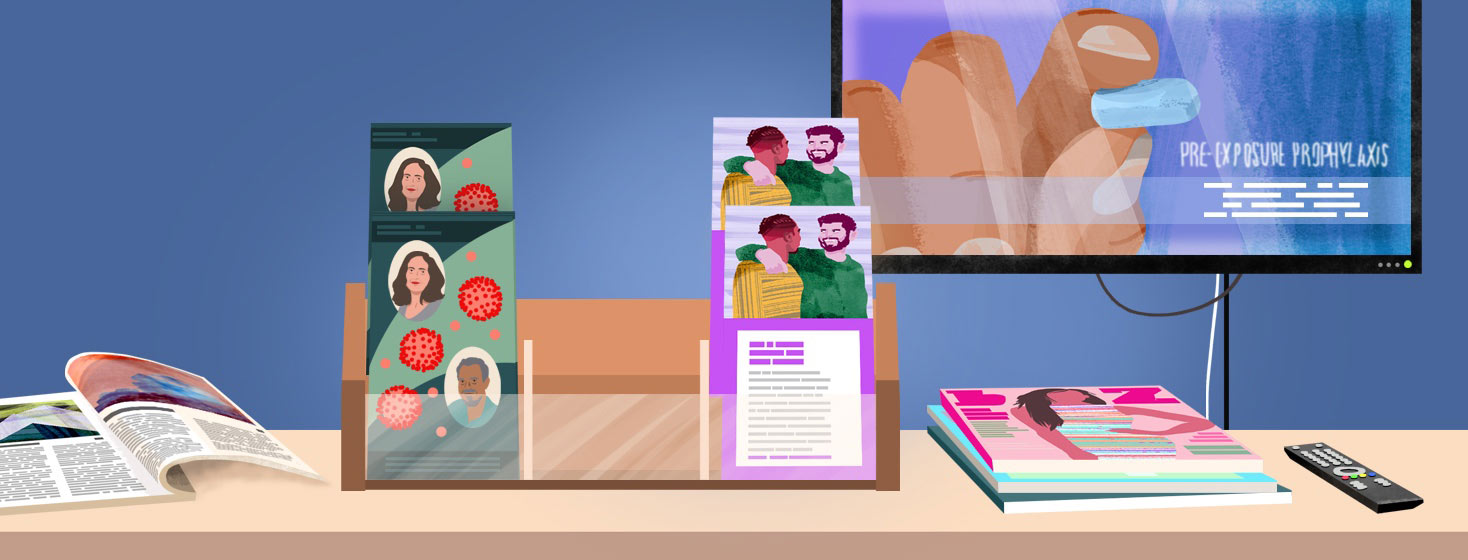Where Do You Go for HIV Information?
I remember when I knew no one who lived with HIV, and I was not a part of the HIV community at all. I never knew that there was one. I knew other people were living with HIV because I would see them in the lobby every time I had a doctor’s appointment. I didn't ask many questions, but I did read a whole heck of a lot concerning what I was living.
I used to grab the HIV booklets that were sitting on the table every month. After two years, I had so many that I could not count them. But reading about what I was living with really helped me know more about HIV. Back then, in the 90s, there was not much internet use like it is today, so reading was what people did. I did not even own my first computer until 2000.
Credible information
Today, most people get their information online, but you must make sure that it is credible information and that the site is trustworthy. There are several sites available, including:
- Centers for Disease Control and Prevention,
- HIV.gov,
- WomensHealth.gov,
- and the World Health Organization.
Among the sites with articles you can read are:
- H-I-V.net,
- thewellproject.org,
- POZ.com,
- HIVplusmag.com,
- and PositivelyAware.com.
Other information sources
Magazines that are available online have subscriptions so that you can receive your magazines each month by mail. Online webinars are also available to help you gain more knowledge, and the best part is that you do not have to show your face if you are not open with your HIV status.
Over the last 7 years, I have learned a great deal, and I continue to learn. HIV conferences often have scholarships and will fly you there, pay for your hotel room, and some will give you a per diem (money) to pay for food while attending. The workshops offered at these conferences can teach you a lot.
Continuing to educate yourself
The discovery that you live with HIV can seep into every aspect of your life and change everything. It is especially important to educate yourself and keep up with HIV issues. Do not hesitate to ask your physician or nurse practitioner questions, they can be a tremendous help to you.
Speaking up about your health is vital, so tell your doctor what you want, and never let anyone change your mind about it until you are certain. The best person to see is an HIV specialist, who can be found at any AIDS service organization in your area. Rural residents may find it difficult, but do your best. It is also possible to contact advocates who have lived with HIV for over 20 years if you are looking for answers.

Join the conversation